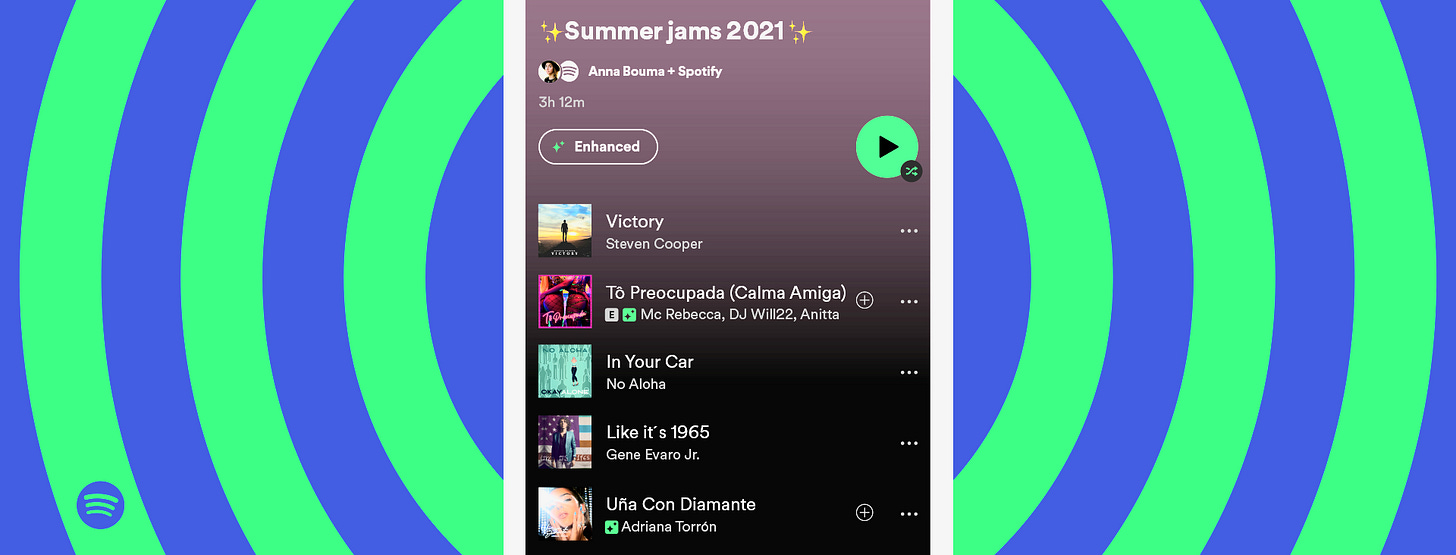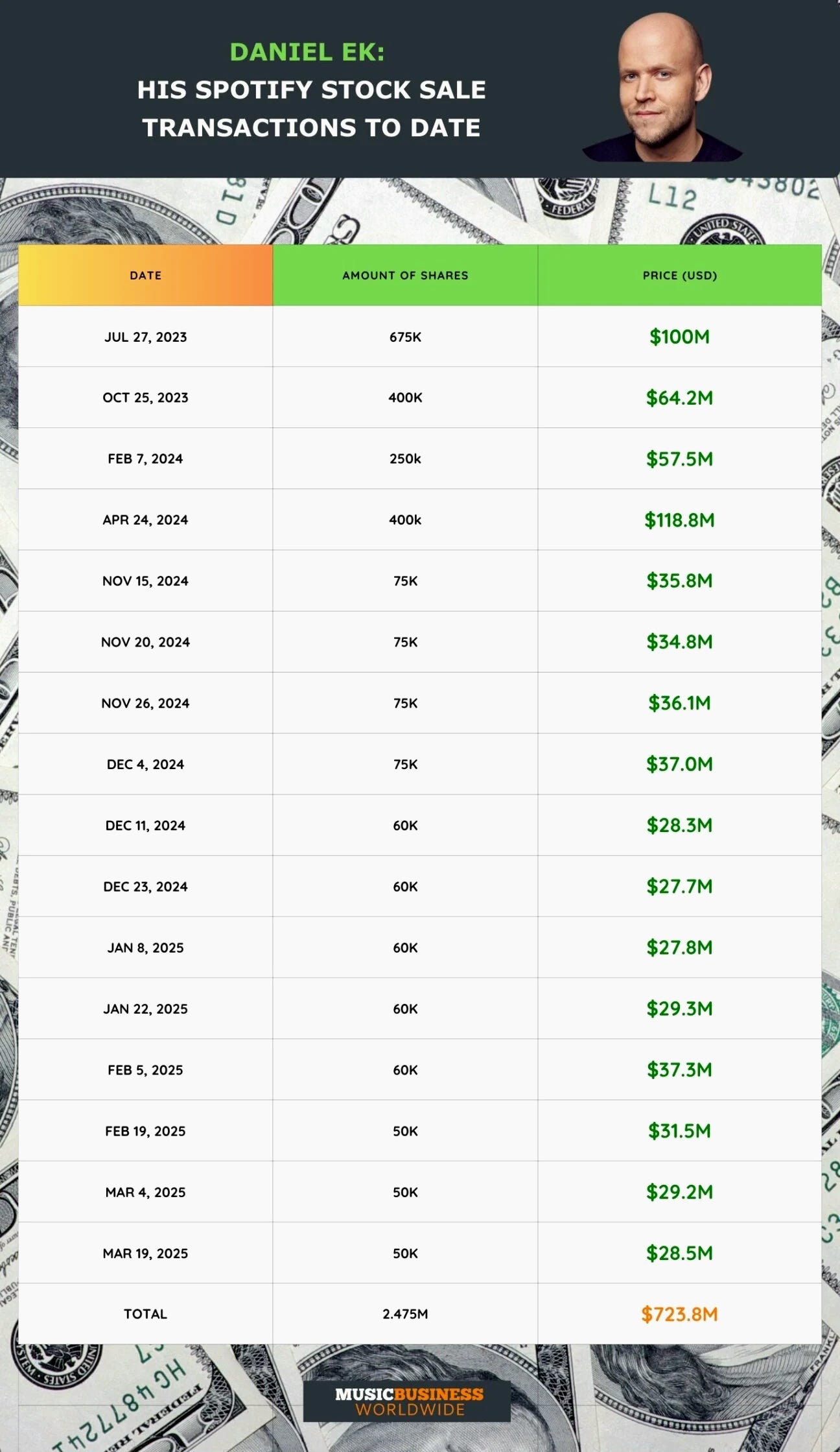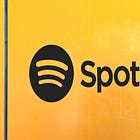The Spotify Illusion | How Streaming is Decimating Music While Claiming to Save It ꩜
Uncovering the Hidden Forces Shaping Modern Music
The Music Industry is being quietly transformed by Algorithms, Fake Artists, and Profit-driven Streaming models that prioritize Engagement over Artistry; all while corporate giants claim they're making more Musicians richer than ever before?!Spotify recently trumpeted an impressive statistic where 22,100 artists generated over $50,000 on their platform last year. They frame this as evidence that "way more artists are generating meaningful money now than in any previous era of the music industry." It's a compelling narrative that suggests we're living in a golden age for musicians. Their Loud & Clear 2025 Report further claims that the number of artists earning substantial sums has doubled or even tripled in recent years.
But when we look beneath this carefully polished surface, a much darker reality emerges. Far from democratizing music, Spotify and similar streaming platforms have fundamentally devalued artistic work, manipulated listener experiences, and re-shaped what music itself has become, all while maintaining the illusion of artist empowerment.
The Devaluation Machine | How Streaming Economics Decimated Artist Income
Spotify's celebratory statistics about artist earnings mask a troubling economic reality. While they boast of paying $10 billion in royalties in 2024, this impressive-sounding figure obscures how little of that reaches most artists.
According to industry data, Spotify's per-stream rate has plummeted by a staggering 43% in just two years, from $0.00540 per stream in 2018 to $0.00307 in 2020. That's less than one-third of a penny per play. At these rates, an artist needs over 16,000 streams just to earn minimum wage for a single hour of work.
The consequences are devastating. Surveys across Europe reveal that 90% of performers indicate streaming has given them no meaningful return in income, and one in three musicians are planning to abandon their profession entirely. Music recording is an expensive, time-consuming process and is becoming unsustainable as a career, regressing into an amateur practice only the wealthy can afford to pursue.
The Zero-Sum Streaming Economy
Spotify's "pro rata" payment model further exacerbates these problems. Rather than your subscription fee going to the artists you actually listen to, all revenue is pooled and distributed based on total platform streams. This system inherently favors major labels and superstar artists who can generate massive streaming volumes, leaving independent artists fighting for crumbs.
"One question for policymakers is whether creators in all categories are to become hobbyists out of necessity due to the streaming imbalance,"
notes the latest UN report on streaming economics. This isn't hyperbole; it's already happening.
The Artificial Playlist | How Spotify Manufactures Music
Perhaps the most damning evidence against Spotify's claims of artist empowerment comes from their secretive "Perfect Fit Content" (PFC) program.
Rather than supporting genuine Artistic expression, Spotify has been quietly populating popular Mood-based Playlists with Artificial Tracks created specifically for the platform.
Through collaborations with production companies, Spotify commissions generic, cheaply-made songs built to sound like established artists' work while costing them "pennies on the dollar". These tracks fill playlists like Deep Focus, Cocktail Jazz, and Lo-Fi House; not based on artistic merit, but because they're inexpensive for Spotify to stream.
An investigation by Harper's magazine uncovered that just 20 songwriters were responsible for the output of 500 fictitious artists on the service. These aren't struggling independent musicians finding their audience; they're hired guns creating content optimized for Spotify's profit margins.
The economics are simple; the less Spotify pays in royalties, the more profit they keep. By filling popular playlists with this artificially created content, they reduce payments to legitimate artists while maintaining the appearance of a robust music discovery platform.
The Death of Discovery | Trapped in the Algorithm
Spotify's algorithmic approach to music recommendation further undermines artistic diversity and creative risk-taking. Despite marketing itself as a discovery platform, Spotify's recommendation engine is designed to keep users in their comfort zones rather than expanding musical horizons.
"Spotify thinks that even if we say we want to listen to something new, we always return to what's familiar. The service never offers anything strictly different,"
explains an anonymous industry expert. This approach creates algorithmic echo chambers that limit exposure to truly innovative or challenging music.
Research shows that Spotify's algorithms primarily recommend content from two narrow categories:
Songs you already listen to regularly, &
Songs that sound extremely similar to your existing preferences.
Genuinely different music; the kind that might Challenge, Surprise, or Expand your tastes, almost never break through these algorithmic barriers.This has profound implications for musical culture. As Alex Antenna, creator of alternative navigation tool Unchartify, explains:
"Spotify's music database has a very rich set of various parameters, markup, and categories to classify music in a very detailed way. This is simply not exposed in the official app". Instead, users are funnelled toward "popular artists or songs you heard 1,000 times".
The result? A homogenization of musical culture that rewards formulaic, algorithm-friendly content over artistic innovation or cultural diversity.
The Influencer-Artist | When Marketing Trumps Musicianship
In this ecosystem, success increasingly depends not on musical talent but on social media savvy. The rise of "influencer marketing" in music has fundamentally altered what it means to be a successful artist.
From viral TikTok challenges to exclusive Instagram collaborations, influencers now play a crucial role in shaping music trends, driving streams, and amplifying artist reach. A single viral video or dance trend can propel a (mediocre) song to streaming success regardless of its artistic merit.
This dynamic incentivizes music optimized for social media engagement rather than artistic expression. Songs are increasingly crafted to contain 15-second "hooks" perfect for TikTok, with lyrical content designed to spark trends or challenges rather than communicate genuine emotion or insight.
The 2025 Grammy Awards symbolized this shift, featuring prominent social media influencers alongside traditional musicians; not as visitors, but as central participants in music's biggest celebration. This wasn't just marketing; it was an acknowledgment that the line between influencer and artist has effectively dissolved.
The False Promise of Democratization
Spotify portrays itself as democratizing music, allowing independent artists to reach audiences without label backing.
"More than 80% of Spotify's top-royalty generating artists weren't even featured in its Global Daily Top 50," they claim, suggesting niche artists can thrive in their ecosystem.
But this carefully curated statistic obscures a more troubling reality. While more artists may be earning something from streaming, far fewer can earn a living. The concentration of streaming revenue among top performers has created a winner-takes-all economy where the vast majority of artists receive negligible compensation for their work.
This isn't democratization but the illusion of opportunity masking an exploitative economic model.
Reclaiming Music's Value
The challenges facing music in the streaming era are systemic, but not insurmountable. Some artists are exploring alternative models, from direct fan support through platforms like Patreon and Substack to community-building efforts that bypass algorithmic gatekeepers altogether.
Listeners too have agency in this ecosystem. Being conscious of how we consume music and supporting artists directly through purchases, attending live shows, or seeking out independent platforms that pay more equitable rates can help counter-balance streaming's negative impacts.
What's clear is that Spotify's narrative of “artist empowerment” deserves intense scrutiny. Behind the impressive statistics and corporate messaging lies a business model that systematically extracts value from music while returning minimal compensation to most creators.
The question isn't whether more Artists can earn something from streaming but whether We are willing to accept a future where Music is primarily valued as Engagement-Optimized content rather than Meaningful Artistic Expression.
For the sake of Music's Future, WE SHOULD DEMAND BETTER. 🤝🏼
💬 Share your thoughts in the comments below.
🤝🏼 Join us at Vinyl Culture as we continue exploring ways to preserve and evolve an authentic Music culture in an age dominated by algorithms and corporate interests.
🙌🏻 Together, we can make a difference.










Thanks for writing the article, although I'd hoped to find something solution-oriented within it. This topic has been weighing heavily on my spirit as my wife and I prepare to release new music this year.
You mention the rise of ghost artists, and I would draw your attention to the role AI has to play in perpetuating this very issue. Now not only do artists have to contend with the grim reality that streaming pays next to nothing, but also that distributors are working behind the scenes with streaming platforms and generative AI companies to steal our work for things like AI training and remixing, all so these large corporations can open up additional revenue streams without artists seeing a cent.
It's bad enough that we have to release our music for free. Now we're being told we have to give up rights to our own IP and, dare I say it, souls just to play the game. It's not right, and it makes me sick to my stomach.
Excellent article... the internet and smartphones are ruining yet another industry. How is the streaming model better than the "evil corporate record companies" of the past?